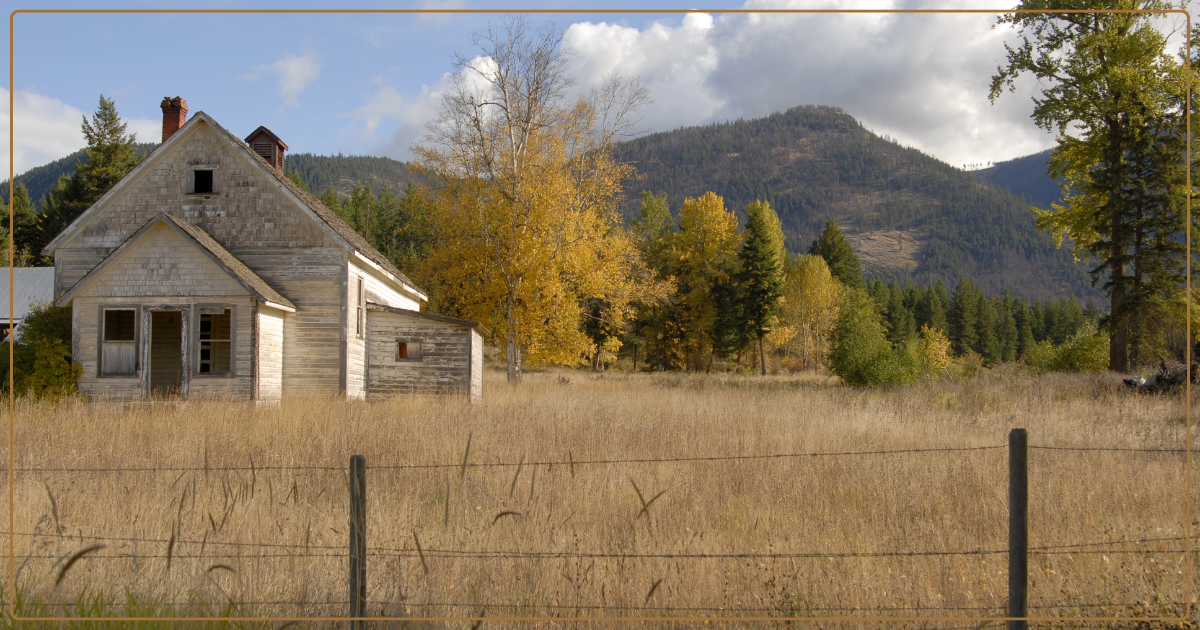
15 Nov Homestead Property in Florida Probate
Florida lawmakers have ensured that a decedent’s homestead (the house that they live in) is not taken by estate creditors upon their death. Decedents leaving their home to their wife, children, or descendants, are able to do so free of creditor’s claims. The exception to that rule is that “consensual liens” such as a mortgage on the property, tax debt, or money owed to contractors who performed work on the home may still be levied against a decedent’s homestead property.
Section 10, Article 4 of the Florida Constitution defines the requirements for property to qualify as protected homestead. Inside of city limits, a parcel of one half acre containing the primary residence owned by the decedent qualifies as protected homestead. Outside of city limits, homestead protection extends up to one hundred and sixty (160) acres of land containing the decedent’s primary residence. The purpose of this distinction is to protect farmers but prevent abuse of the homestead rule by person’s within the city limits.
In order to be considered a decedent’s primary residence, a decedent must reside in the home with the intention to make the property their permanent residence. There is no requirement regarding the amount of time that the decedent lived in the home prior to the home becoming homestead. Homes owned by companies and irrevocable trusts are ineligible for homestead protection, however a home owned by a revocable trust is eligible. Single family homes, condominiums, and mobile homes can all qualify for homestead protection. Even RVs and boats can qualify for homestead protection, but they must be immobile and fixed to the land (or a dock in the case of a boat).
In addition to the protections afforded to homestead property under Florida law, there are also restrictions regarding how a person can devise (give away in a will) their homestead in a will. If a person has a living spouse or minor children, they cannot leave their homestead to anyone except their spouse (which they can only do if there are no minor children). This limitation can be found in Florida Statute section 732.4015. If a decedent with a wife or minor children has a will improperly devising their homestead property, the property will pass as if there was no will.
There are differences between the way normal property passes under the intestate succession rules, and the way that homestead property passes. If a person dies with a spouse and minor children, the spouse receives a “life estate” in the home (the right to live there for the rest of their life). The “descendants in being” (the deceased person’s children, or if a child is deceased, their children) receive the “remainder interest” and receive title to the property upon the death of the spouse holding the life estate.
If the decedent did not have a spouse and minor children, interest in the homestead property will be transferred according to the intestate succession rules discussed HERE, unless devised to the spouse. If a decedent did not have a spouse, the homestead property may be devised to any person through a will, and in the absence of a will, the homestead property will be subject to the normal intestate succession rules.
For a quick visual guide to homestead, Kelley’s homestead paradigm is a tool used by many probate practitioners that graphically breaks down the homestead rules.
If you need to transfer a decedent’s homestead property, SCHEDULE A CONSULTATION today.
If you have lost a loved one who either was a resident of, or owned property in the the State of Florida, and need assistance with Florida Probate, CLICK HERE, to schedule a consultation with a Florida Probate Attorney.
We serve clients throughout Florida, including, but not limited to, those in the following localities: Alachua County including Alachua, Archer, Gainesville, Hawthorne, High Springs, and Newberry; Bay County including Panama City

Sorry, the comment form is closed at this time.